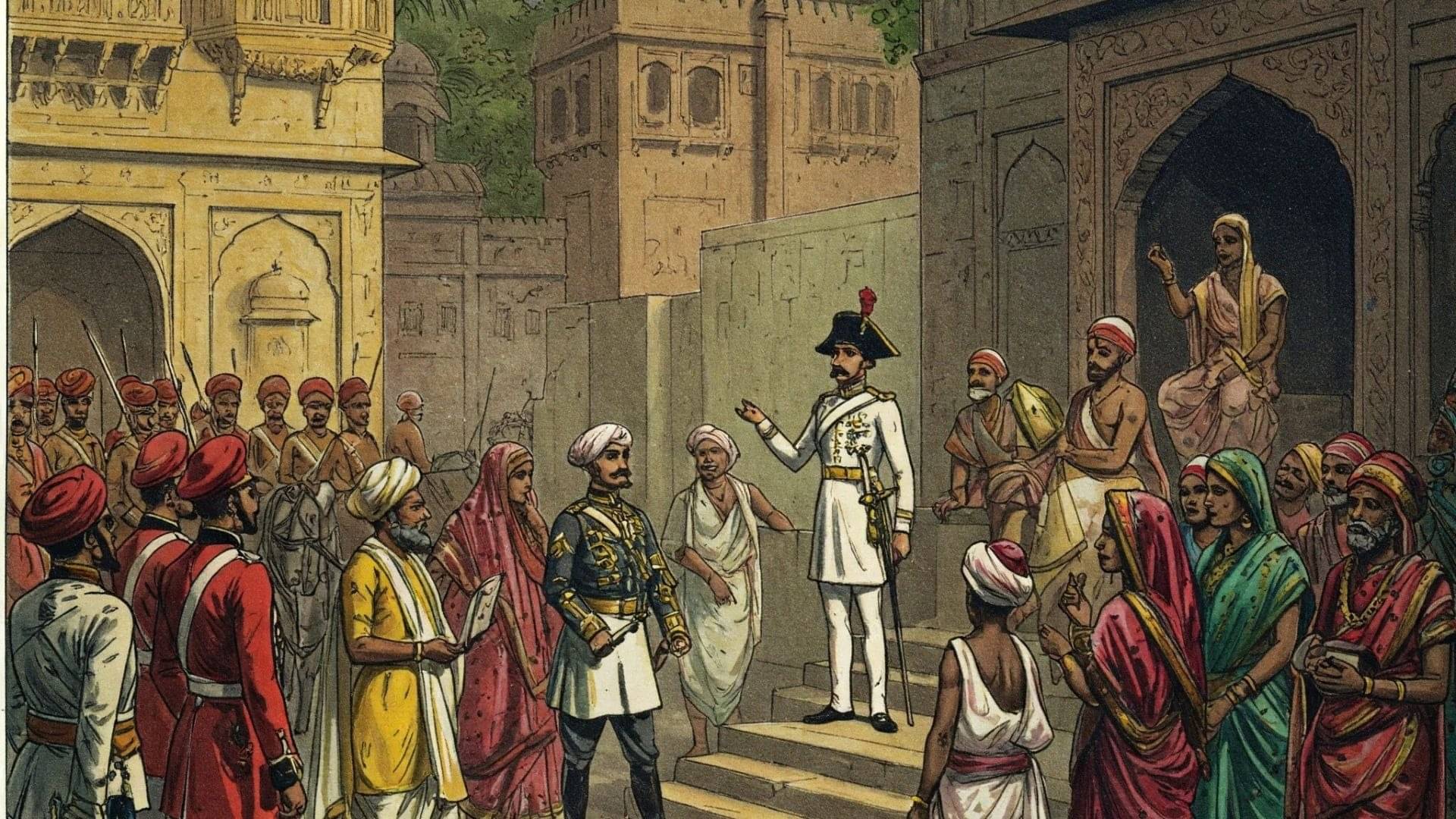Pandit Satish Sharma Strips Down the British Narrative Whistling Hate at Indian Migrants and Diaspora | Image:
AI
London: In a bold and unflinching takedown, Pandit Satish Sharma challenges the deeply entrenched British narratives that have long vilified Indian migrants and the wider diaspora. With piercing clarity and historical insight, Sharma deconstructs the colonial lens still shaping mainstream discourse in the UK—one that often whistles hate under the guise of cultural critique.
Here’s What Pt Satish K Sharma Said:
The article casts a critical eye on the Indian diaspora’s influence within the Anglosphere, framing it as a destabilising force. It suggests their integration and success threaten cultural cohesion, particularly in Britain. This perspective, however, is steeped in irony and hypocrisy, given Britain’s historical and ongoing moral failings, which strip it of any authority to judge others.
Bearing in mind that in India that is becoming Bharat, there are more English speakers than in the United Kingdom, and yet India is not considered a part of Sam Bidwells Anglosphere, Sam Bidwells use of the term ‘Anglosphere’ is in itself revelatory and indicative of a deeper unsavoury orientation more concerned with colonialism, ethnicity and race, rather than character and human contribution.
Britain, as a colonial power, orchestrated 42 illegal regime change operations across the globe, from Iran in 1953 to Libya in 2011, leaving trails of chaos, exploitation, and suffering. These interventions—often justified under the guise of “civilising” missions—reveal a nation more concerned with power than principle. The Indian diaspora, many of whom are descendants of those subjected to British colonial rule, owe no apology for thriving in spaces their ancestors were once plundered to build. To criticise their success while ignoring Britain’s role in creating the conditions for their migration is not just selective amnesia; it’s moral bankruptcy.
Consider Tony Blair, architect of the Iraq War—a war built on lies that killed hundreds of thousands and destabilised an entire region. He walks free, knighted and prosperous, while the British state deflects accountability. This alone obliterates any claim to ethical superiority. If Britain cannot hold its own leaders to account, what right has it to scrutinise the Indian diaspora’s contributions or loyalties?
Worse still, the British government has failed its own citizens in ways that expose its priorities. For decades, vulnerable girls in towns like Rotherham and Rochdale were abandoned to systemic gang rape by organised networks, with authorities turning a blind eye to avoid “cultural tensions.” Over 1,400 victims in Rotherham alone suffered while police and councils dithered, prioritising political correctness over justice. A state that cannot protect its daughters lacks the standing to lecture any community on integration or values.
The article’s insinuations about the diaspora’s influence also ring hollow in a Britain where freedom of speech is eroding. Recent years have seen arrests for “offensive” social media posts—such as a man detained in 2024 for sharing a meme deemed “grossly offensive” under the Communications Act. Journalists face harassment, and dissenters are silenced through vague laws or social ostracism. If Britain cannot tolerate open discourse within its borders, its complaints about external influences sound like projection, not principle.
The Indian diaspora, far from “riding the tiger,” has navigated a hostile world with resilience, contributing economically, culturally, and intellectually to nations that once colonised them. In 2023, British Indians had a median household income of £39,000, higher than the national average of £32,000, and their academic attainment consistently outpaces other groups. To frame this as a threat rather than a triumph betrays a deeper insecurity—one history reveals all too clearly.
British elites have long maintained their sense of self-worth by refusing to acknowledge the worth of the non-British worthy. From the Raj’s plunder of India’s wealth—estimated at $45 trillion in today’s terms—to the present, where contributions of the diaspora are met with suspicion, the pattern endures. The article’s critique is not a defense of culture but a tired echo of empire: a refusal to share the stage with those whose brilliance exposes Britain’s fading moral and material dominance.

